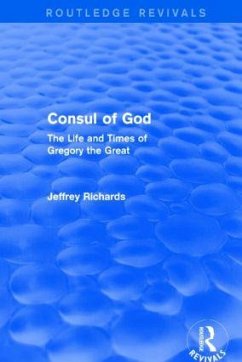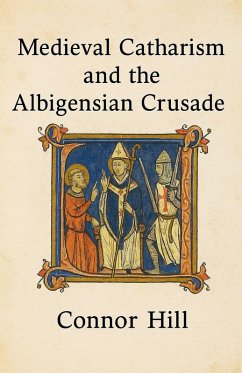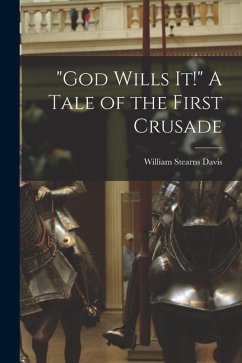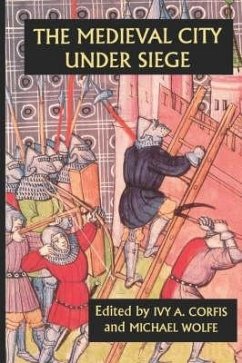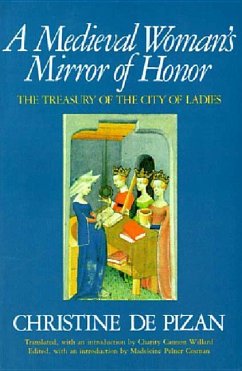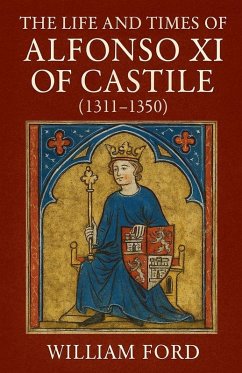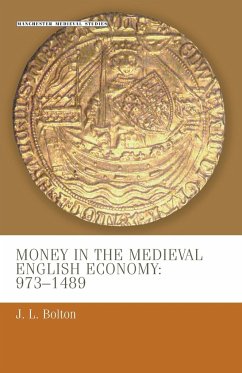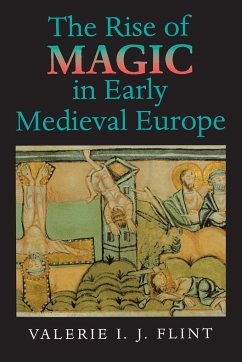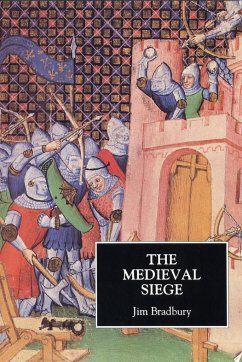
The Medieval Church and the Concept of the City of God
Versandkostenfrei!
Versandfertig in 1-2 Wochen
17,99 €
inkl. MwSt.

PAYBACK Punkte
9 °P sammeln!
How did a single theological concept shape an entire civilization? In this captivating exploration of medieval Christianity, discover how Augustine's revolutionary idea of the "City of God" transformed Europe for over a thousand years, creating a world where cathedrals reached for heaven while earthly powers fought for supremacy. When Rome fell to barbarian invaders in 410 CE, Augustine of Hippo responded with a monumental vision that would outlast empires. His distinction between the earthly city founded on self-love and the heavenly city founded on love of God provided medieval Christians wi...
How did a single theological concept shape an entire civilization? In this captivating exploration of medieval Christianity, discover how Augustine's revolutionary idea of the "City of God" transformed Europe for over a thousand years, creating a world where cathedrals reached for heaven while earthly powers fought for supremacy. When Rome fell to barbarian invaders in 410 CE, Augustine of Hippo responded with a monumental vision that would outlast empires. His distinction between the earthly city founded on self-love and the heavenly city founded on love of God provided medieval Christians with a powerful framework for understanding their place in both time and eternity. This richly detailed account takes you from monasteries where monks preserved ancient wisdom to papal courts where popes claimed authority over emperors; from universities where scholastic philosophers refined Augustine's insights to cities where merchants and craftsmen created new forms of civic religion; from Crusader castles in the Holy Land to mystics seeking direct communion with God. You'll witness how this theological vision inspired Gothic cathedrals soaring toward heaven and monastic communities living by different rules; how it fueled both crusading fervor and profound spiritual movements; how it shaped Dante's poetic masterpiece and influenced how ordinary people understood death, salvation, and their everyday lives. More than just a religious history, this book reveals how a single powerful idea created a complete civilization-with its own art, architecture, philosophy, politics, and social structures-while containing the tensions that would eventually transform it. By exploring the medieval implementation of Augustine's vision, we gain fresh perspective on modern questions about the relationship between spiritual values and political realities, between individual conscience and institutional authority. Perfect for readers of Diarmaid MacCulloch's "Christianity: The First Three Thousand Years," Barbara Tuchman's "A Distant Mirror," or anyone fascinated by how ideas shape civilizations, this engaging narrative brings to life a world both utterly foreign and surprisingly relevant to our own.



